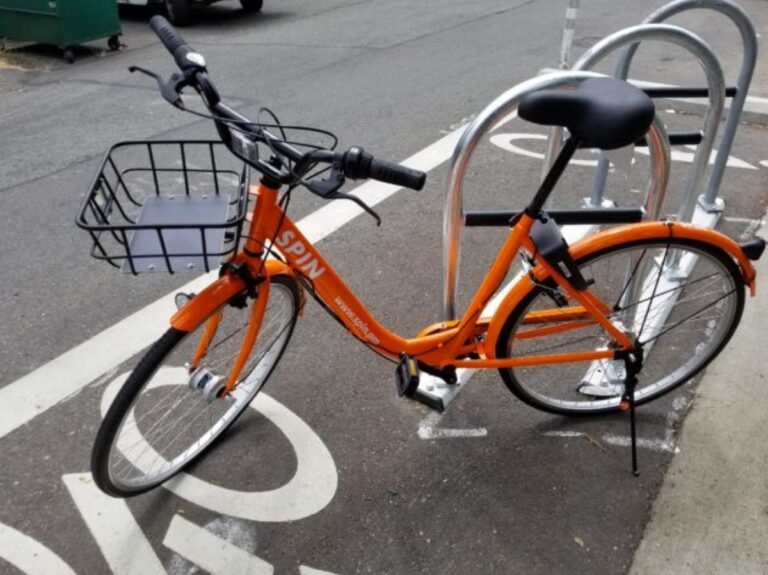The National Association of City Transportation Officials (NACTO) has released updated guidance to help cities regulate and manage shared micromobility companies.
Developed by a steering committee of NACTO’s 81 member cities and transit agencies, including ClimateWorks Foundation and Better Bike Share Partnership, the updated Guidelines for Regulating Shared Micromobility takes lessons learned from the first full year of shared scooters operating on city streets across the USA, as well as city experience with dockless pedal bike and dockless e-bike programmes.
The rapid growth in the number of shared micromobility trips and the introduction of e-scooters has required cities to focus new attention on how best to regulate these new services in order to achieve the best public outcomes.
Many of the best practices include dynamic recommendations that encourage operator behaviour that benefits city goals, such as shifting trips to low-carbon modes or providing mobility options for underserved communities.
Lina Fedirko, senior associate, ClimateWorks Foundation, said: “Shared micromobility can provide multiple benefits to cities including more affordable and accessible mobility while also reducing congestion and pollution.
“NACTO’s recently updated Guidelines for Regulating Shared Micromobility puts forth a refined view on regulatory actions for cities which, when coupled with support for deployment, including safe public infrastructure, can ensure we strike the right balance and maximise the benefits of these promising new modes of travel.”
In addition to best practice recommendations, NACTO’s Guidelines for Regulating Shared Micromobility includes an appendix of current states of practice, giving a fuller picture for how dockless mobility is currently managed and regulated today.
It can be downloaded for free at nacto.org/sharedmicromobilityguidelines.





